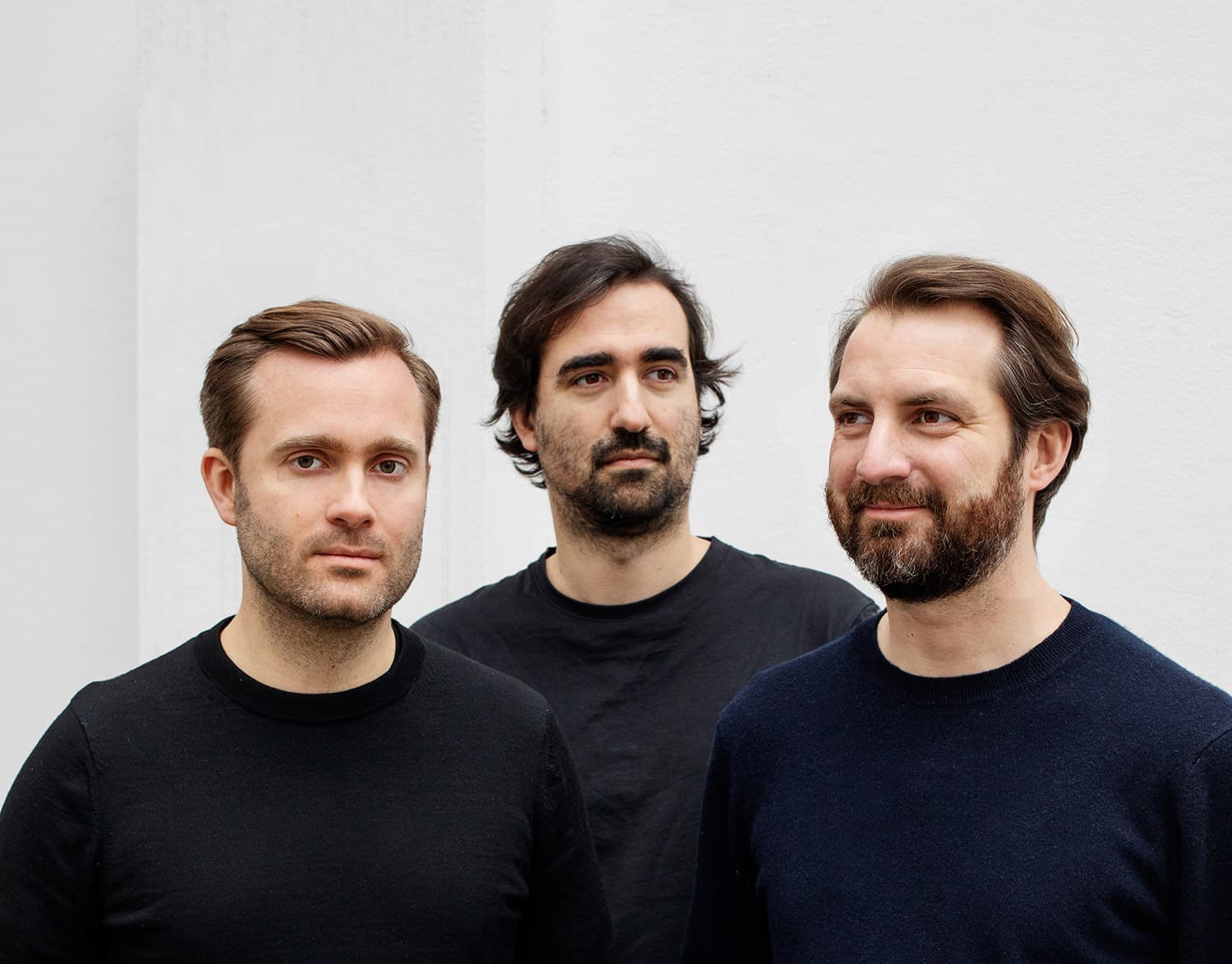Common Agency is an architectural practice based in Berlin, Germany, with additional offices in Hamburg and Cologne. Founded in 2019 by Hans von Bülow, Cornelius Voss, and Julian Meisen, the trio met during their first day at the University of the Arts Berlin (UdK) and have been friends and collaborators ever since.
The practice's inception was marked by their winning proposal for the revitalization of Hamburg-Altona's former tax office, now known as Neues Amt Altona. This project, which combines collaborative workspaces with cooperative financing, exemplifies Common Agency's approach to integrating architecture and project development.
Common Agency focuses on exploring new ways of space production, initiating the development, design, and realization of objects, buildings, and places. Their projects often involve community engagement and social impact, such as the future community center in Hamburg-Rahlstedt, which was chosen as the winning design in an ideas competition.
The practice has received recognition for their work, including the Hans-Schaefers-Preis for architects under 40, awarded by the Bund Deutscher Architektinnen und Architekten BDA Berlin and Architektenkammer Berlin. Common Agency's founders have also been invited to speak at various architectural events and lectures, including the TU Munich and the Architektenkammer Berlin.
Through their projects and public engagements, Common Agency demonstrates a commitment to rethinking the role of architects as space producers, emphasizing the importance of community involvement and sustainable constructions.
